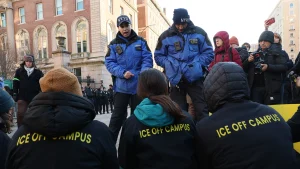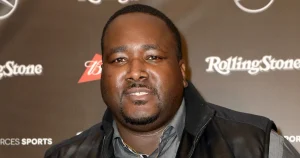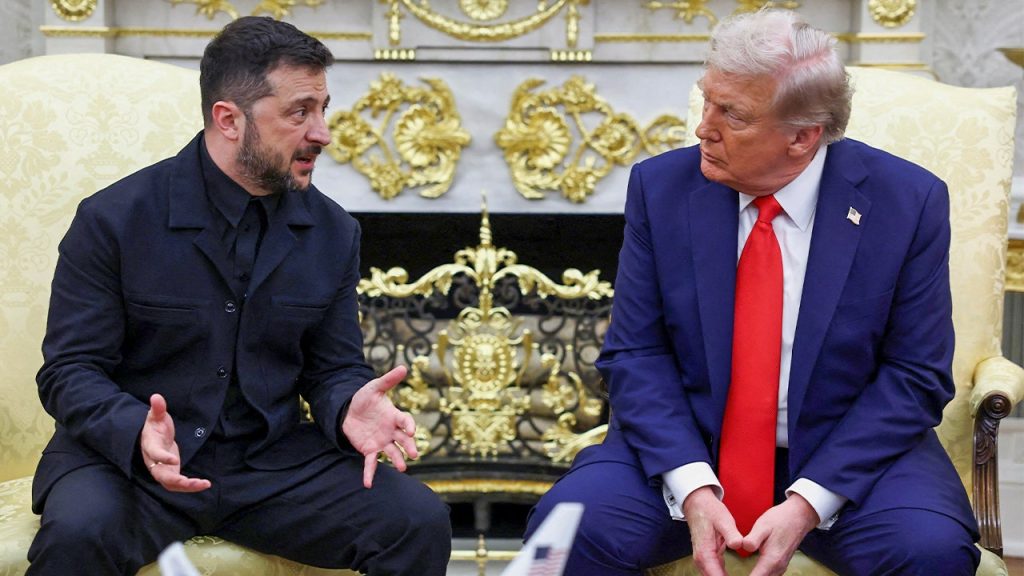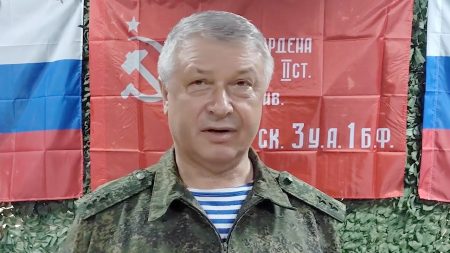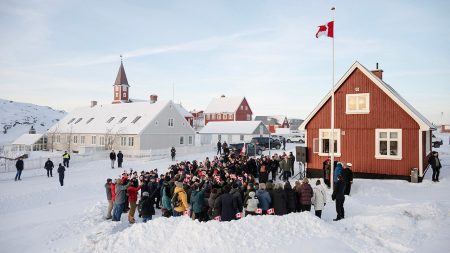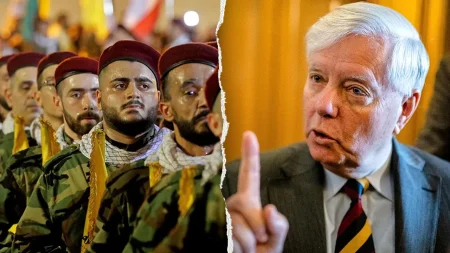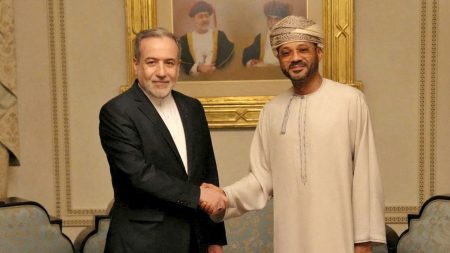Zelenskyy Calls for Global Action After Deadly Russian Strike in Ukraine
In the wake of what Ukrainian President Volodymyr Zelenskyy has described as a “brutally savage” Russian attack on civilians, tensions between Ukraine and Russia have once again escalated to alarming levels. The strike, which targeted the rural town of Yarova in the Donetsk region, reportedly killed more than 20 ordinary civilians who were simply collecting their pensions. “Directly on people. Ordinary civilians. At the very moment when pensions were being disbursed,” Zelenskyy stated in an impassioned post on social media. This attack represents yet another tragic chapter in a conflict that has already claimed tens of thousands of lives since Russia’s February 2022 invasion. While Moscow continues to deny targeting civilians, the evidence from the ground tells a different story—one of indiscriminate violence against a population already suffering through years of war.
The emotional response from Ukrainian leadership reflects the growing frustration with what they perceive as inadequate international action. Donetsk Governor Vadym Filashkin didn’t mince words when he called the strike “pure terrorism” rather than a military operation. Zelenskyy’s appeal was equally direct, calling out specific global powers: “The Russians continue destroying lives while avoiding new strong sanctions and new strong blows. The world must not remain silent. The world must not remain idle… Strong actions are needed to make Russia stop bringing death.” His message was accompanied by graphic footage of the aftermath, a deliberate choice that underscores the human cost of this conflict. Notably, Zelenskyy specifically addressed the United States, Europe, and the G-20 in his appeal, conspicuously omitting NATO, even as NATO Secretary-General Mark Rutte was preparing to attend a meeting of the Ukraine Defense Contact Group in the United Kingdom.
This latest violence comes at a pivotal moment in international diplomacy surrounding the war. The Trump administration has declared ending the Russia-Ukraine conflict a priority, with President Donald Trump having recently met with both Zelenskyy and Russian President Vladimir Putin in separate high-profile encounters. Last month’s face-to-face meeting between Trump and Putin—the first between the Russian leader and a U.S. president since 2021—generated significant attention. While both leaders expressed confidence that progress toward peace had been made, they fell short of reaching the ceasefire agreement many had hoped for. The complex diplomatic landscape reflects the challenge of finding common ground between the warring parties and their respective international backers, with each side having different perceptions of what constitutes a just resolution to the conflict.
The Ukrainian president has not hidden his skepticism about the outcomes of these diplomatic efforts. In a recent interview with ABC’s Martha Raddatz, Zelenskyy openly criticized the Trump-Putin summit in Alaska, stating, “It’s a pity that Ukraine was not there, because I think President Trump gave Putin what he wanted.” This statement reflects Ukraine’s ongoing concern about being sidelined in negotiations that determine its own future—a fear that has persisted throughout the conflict as major powers engage in talks about Ukraine’s fate. The White House has yet to respond to either the strike itself or Zelenskyy’s subsequent demands for action, leaving questions about how the United States intends to address this latest escalation and Ukraine’s calls for stronger international support.
The attack on Yarova represents more than just another tragic incident in a long-running war—it embodies the fundamental challenges facing Ukraine and the international community. For ordinary Ukrainians, especially the elderly collecting their pensions when the strike occurred, the conflict isn’t an abstract geopolitical chess match but a daily reality of fear and loss. Zelenskyy’s frustration stems from watching his citizens suffer while diplomatic processes move at what must seem like an unbearably slow pace. His call for “strong actions” rather than just strong words reflects a growing impatience with the gap between expressions of international concern and meaningful interventions that could actually protect Ukrainian lives and sovereignty. The attack also raises questions about Russia’s commitment to any peace process while it continues to launch deadly strikes on civilian targets.
As the world processes this latest tragedy, the path forward remains uncertain. The absence of immediate responses from the White House and NATO to both the attack and Zelenskyy’s appeals highlights the complicated nature of international engagement with this conflict. While diplomatic channels remain open and high-level meetings continue to take place, the people of Ukraine—particularly in vulnerable frontline communities like Yarova—continue to bear the brunt of a war that has dragged on for over two years with no clear end in sight. Zelenskyy’s demand that “the world must not remain silent” serves as a powerful reminder that beyond the strategic calculations and diplomatic maneuverings, real human lives hang in the balance. Whether this latest attack will catalyze the stronger international response that Ukraine seeks remains to be seen, but what is clear is that the human cost of this conflict continues to mount with each passing day.
